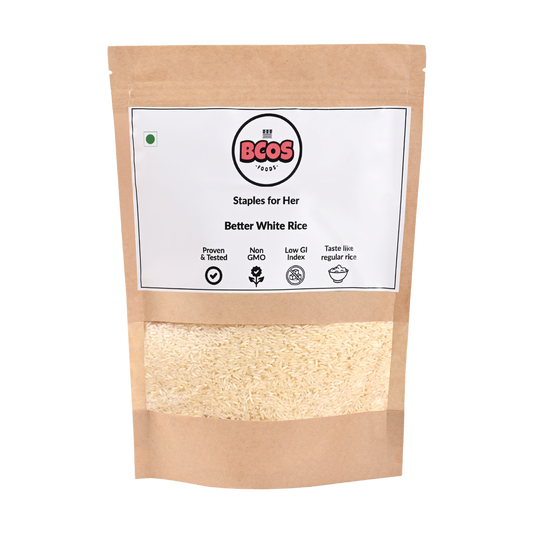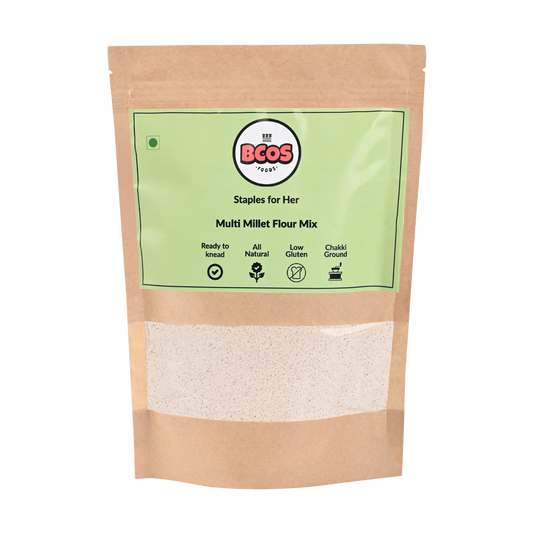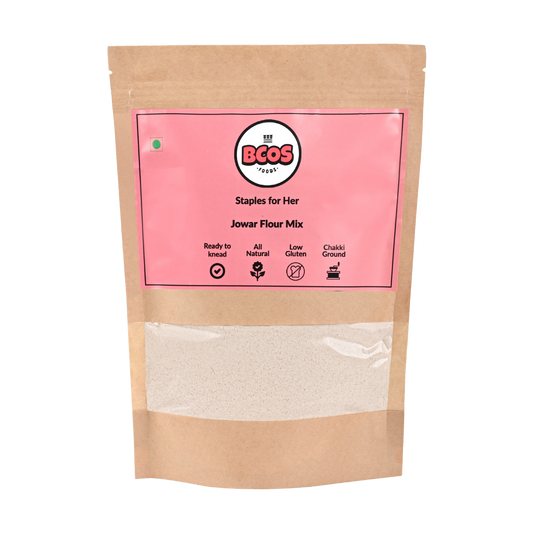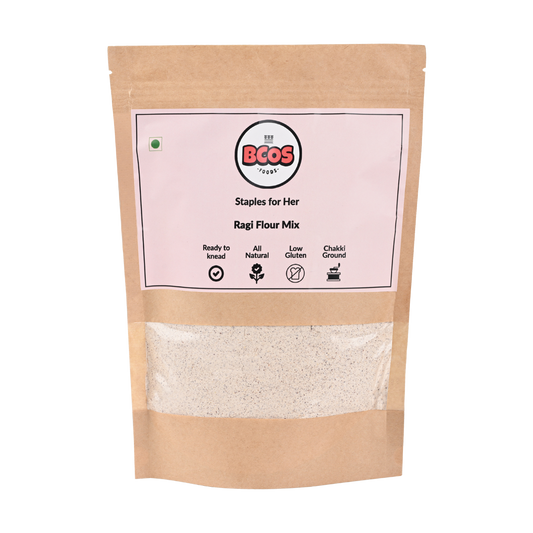Polycystic ovary syndrome (PCOS) is a common hormonal disorder that affects women of reproductive age. It is characterized by a collection of symptoms such as irregular periods, acne, excess hair growth, and weight gain, among others. One of the treatments recommended for PCOS is exercise, as it can improve insulin resistance, which is a common feature of the disorder. However, recent studies suggest that intense workouts may worsen PCOS symptoms, particularly in women who are already struggling with the condition.
Intense workouts and PCOS
Intense workouts, such as high-intensity interval training (HIIT), CrossFit, and marathon training, have become increasingly popular in recent years. These workouts involve pushing your body to its limits and often involve a combination of high-intensity exercises, such as sprinting, jumping, and weightlifting, interspersed with brief periods of rest.
While intense workouts can be great for overall fitness, they can also put a significant amount of stress on the body. This stress can be particularly detrimental for women with PCOS, as the disorder is already characterized by hormonal imbalances and inflammation. Intense workouts can exacerbate these imbalances and make symptoms worse.
How intense workouts worsen PCOS
There are several ways that intense workouts can worsen PCOS. Here are some of the most significant:
- Increased cortisol levels: Intense workouts can increase the body’s production of cortisol, a stress hormone that can cause inflammation and worsen hormonal imbalances. Women with PCOS already have elevated cortisol levels, and intense workouts can exacerbate this.
- Disrupted menstrual cycles: Women with PCOS often have irregular periods or no periods at all. Intense workouts can further disrupt menstrual cycles by increasing stress levels and suppressing the production of reproductive hormones.
- Worsened insulin resistance: Insulin resistance is a common feature of PCOS, and exercise is often recommended as a way to improve it. However, intense workouts can actually worsen insulin resistance by increasing cortisol levels and causing inflammation.
- Increased risk of injury: Intense workouts can put a lot of strain on the body, increasing the risk of injury. For women with PCOS, who may already be struggling with joint pain, inflammation, and other symptoms, the risk of injury can be particularly high.
What types of workouts are best for women with PCOS?
If you have PCOS, it’s important to exercise regularly to help manage symptoms and improve overall health. However, it’s essential to choose the right types of workouts to avoid exacerbating PCOS symptoms. Here are some of the best types of workouts for women with PCOS:
- Low-intensity cardio: Low-intensity cardio, such as walking, swimming, or cycling, can be a great way to improve cardiovascular health and manage weight. These workouts are low-impact and easy on the joints, making them an excellent choice for women with PCOS.
- Strength training: Strength training can help improve insulin resistance and build lean muscle mass, which can be particularly beneficial for women with PCOS. However, it’s essential to start slowly and work with a trainer to ensure proper form and prevent injury.
- Yoga: Yoga is a low-impact workout that can help reduce stress levels and improve flexibility. It may also help regulate menstrual cycles and improve insulin resistance.
In conclusion, while exercise is essential for managing PCOS symptoms, intense workouts can exacerbate the condition. It’s important to choose low-impact workouts and work with a trainer to ensure proper form and prevent injury. By incorporating the right types of workouts into your routine in addition to better nutritional choices, you can help manage PCOS symptoms and improve overall health.
Also, do checkout our tasty millet flour staples to take charge of your nutritional modifications for long term PCOS management.





